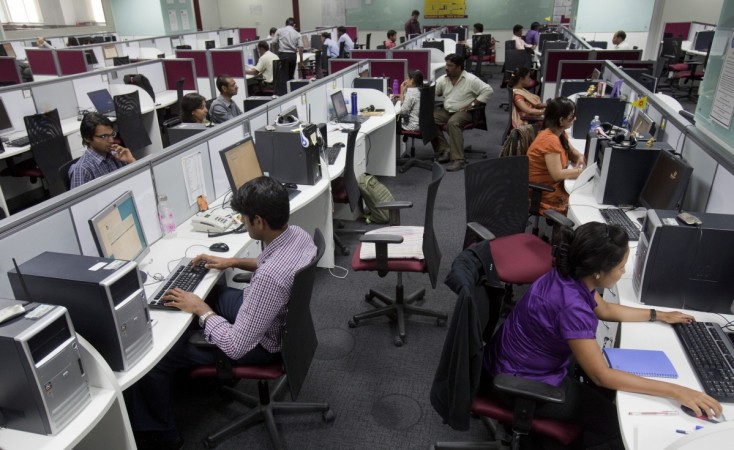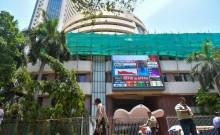
The statement by Jeff Sessions, the nominee for the post of Attorney General announced by United States President-elect Donald Trump, on Wednesday about quick steps being taken towards pushing legislative measures to curb misuse of H-1B and L1 work visas spread a scare among IT professionals working in the US.
However, the Indian IT industry appears unfazed by Sessions' plans as many technology firms believe that they have reached a stage where they can smoothly adapt to the alterations in US immigration rules.
Also read: H1-B visa rules: Donald Trump's attorney general pick Jeff Sessions says curbs to come soon
The US H1-B visa is a non-immigrant visa, which allows firms to hire foreign workers in specialised occupations. The H-1B and L1 work visas are majorly used by Indian IT professionals. Currently, the cap on H1B visas stands at 65,000, out of which 25,000-35,000 are issued to Indian nationals.
Sessions, during his confirmation hearing, told members of the US Senate, "It's simply wrong to think that we're in a totally open world and that any American with a job can be replaced if somebody in the world is willing to take a job for less pay...We have borders. We have a commitment to our citizens and you have been a champion of that." Sessions also promised to curb the visa "abuse" by foreign workers.
However, Indian IT firms believe that there is a dearth of local skilled workers in the US, which would make it very difficult for Trump's administration to follow through with their election promises.
R Chandrashekhar, the president of National Association of Software & Services Companies (Nasscom), said that although visa restrictions for skilled professionals would "complicate business" for them, they are, however, not seen as a "major threat" by Indian tech companies, DNA reported.
Chandrashekhar said that there will be more than a million unoccupied IT jobs by 2018 in the US because of unavailability of skilled professionals. "So, what happens if you don't allow skilled (foreign) people to come and you don't have your own skilled people? You don't even have a pipeline. Then, either the jobs will go out (offshore or to foreigners) or the work will remain undone," he argued.
Top companies like Infosys and Cognizant also feel that Trump's promises will not hold because of lack of skilled workers in America.
"There is a talent shortage; that is something that has to be balanced. It is not that the H1B visa employees are coming in to displace jobs. If you look at many other high-tech companies, they all hire H1B visa workers because there is an inherent shortage," Infosys chief executive officer Vishal Sikka was quoted as saying by the Business Standard last month.
Cognizant, which has its headquarters in the US, also echoed similar sentiment. "The reality is that there are not enough graduates coming out of the universities. We are working with many universities all over the US, both graduates and undergraduates. We struggle," Cognizant president Rajeev Mehta said.
Trump, during his election campaign, had targeted IBM and other Indian firms in America like TCS and HCL for outsourcing jobs, mainly from India. Trump's stance raised fears among Indian IT firms of possible reduction in H1B visa numbers in the immediate future, which will impact their ability to send Indian IT engineers to America for serving clients.

















